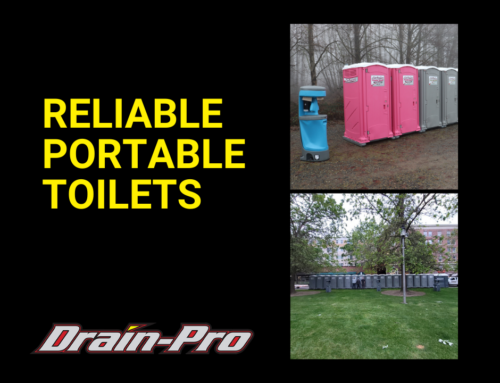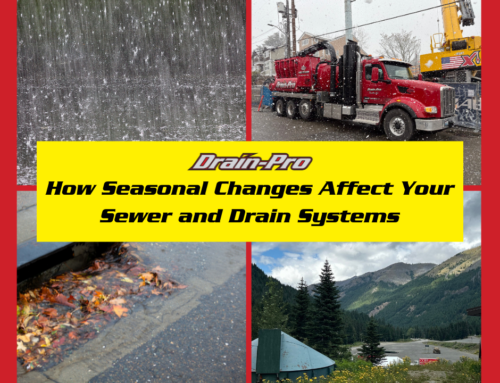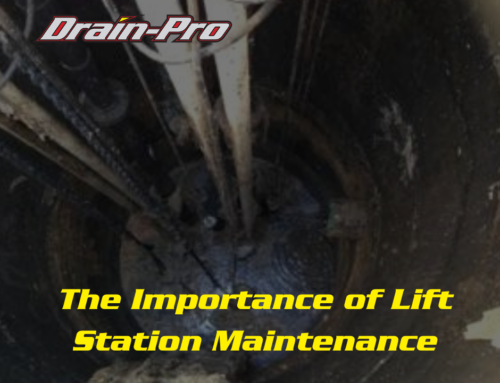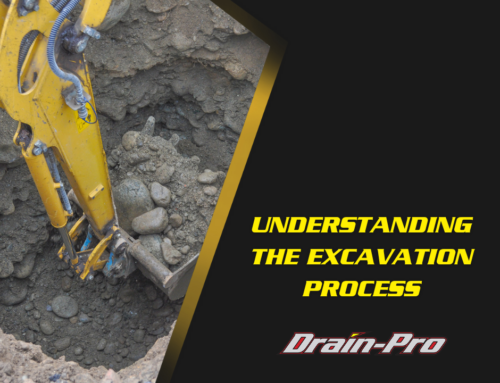In areas with significant rainy seasons, septic systems are often put to the test. Heavy rains can
quickly saturate the ground, making it harder for your drain field to absorb and filter wastewater.
If not properly prepared, this can lead to backups, overflows, and potentially costly repairs.
Fortunately, with a few simple steps, you can help ensure your septic system is ready to handle
even the heaviest downpours.
Before the rainy season begins, consider having your system inspected by a professional to
identify any potential weak points. Even small leaks or cracks in your septic system can become
major problems during heavy rain. Cracks in the tank or pipes can allow groundwater to
infiltrate, which not only overwhelms the system but can also lead to untreated wastewater
seeping into the soil. Regular inspections can help catch these issues early, so if it’s been a
while since your last check-up, consider scheduling one now, before the rainy season hits full
force.
One of the most important things you can do to protect your septic system during heavy rains is
to prevent additional water from reaching the drain field. Too much water can overwhelm the
system, saturating the soil to the point where it can't effectively absorb or filter wastewater.
Installing gutters and downspouts that are in good repair and directing water away from your
drain field is key. Ideally, the water should be channeled to an area where it won’t flow toward
the septic system. Landscaping adjustments can also help—sloping the ground away from the
drain field can help divert rainwater, reducing the risk of flooding. If you’re making landscaping
changes, it’s wise to avoid planting trees with deep roots near the septic area, as roots can
interfere with the system.
Limiting household water use during periods of heavy rainfall can make a big difference. The
less water entering the system, the more capacity it will have to handle excess rainwater that
may seep in. Spreading out laundry loads over several days, instead of doing them all at once,
helps prevent overloading the system. Reducing shower and bath time can minimize water
entering the septic tank when the ground is already saturated, and if heavy rain is predicted,
consider holding off on running the dishwasher until the rain has subsided.
One of the best ways to ensure your septic system can handle extra water during a heavy rain
is to keep it in top shape year-round. Regularly pumping your septic tank ensures that it has
enough capacity to handle any additional water that may enter the system. If your tank is full,
wastewater has nowhere to go, increasing the likelihood of a backup. By keeping the tank clear,
you’ll provide more room for wastewater to be processed, even if rain increases the amount of
water in the system. Most septic systems should be pumped every three to five years, but this
can vary depending on usage. If your household has higher-than-average water usage, more
frequent pumping may be beneficial.
During and after heavy rains, keep an eye out for warning signs that your system may be
struggling. Catching these signs early can help you address problems before they become
severe. If sinks, toilets, or tubs are draining slower than usual, this could be a sign that your
drain field is saturated. Foul smells or pooling water near the drain field are clear indicators that
the system is overwhelmed, and if you experience backups, especially in lower-level fixtures like
basement drains or toilets, the system may be unable to handle the volume.
Preparing your septic system for heavy rain may not be at the top of every homeowner’s to-do
list, but it can save you from headaches and expenses down the line. By inspecting for leaks,
diverting water, conserving water use, keeping the tank pumped, and staying vigilant for
warning signs, you can help your septic system weather the storm—and keep your home
running smoothly, rain or shine.










